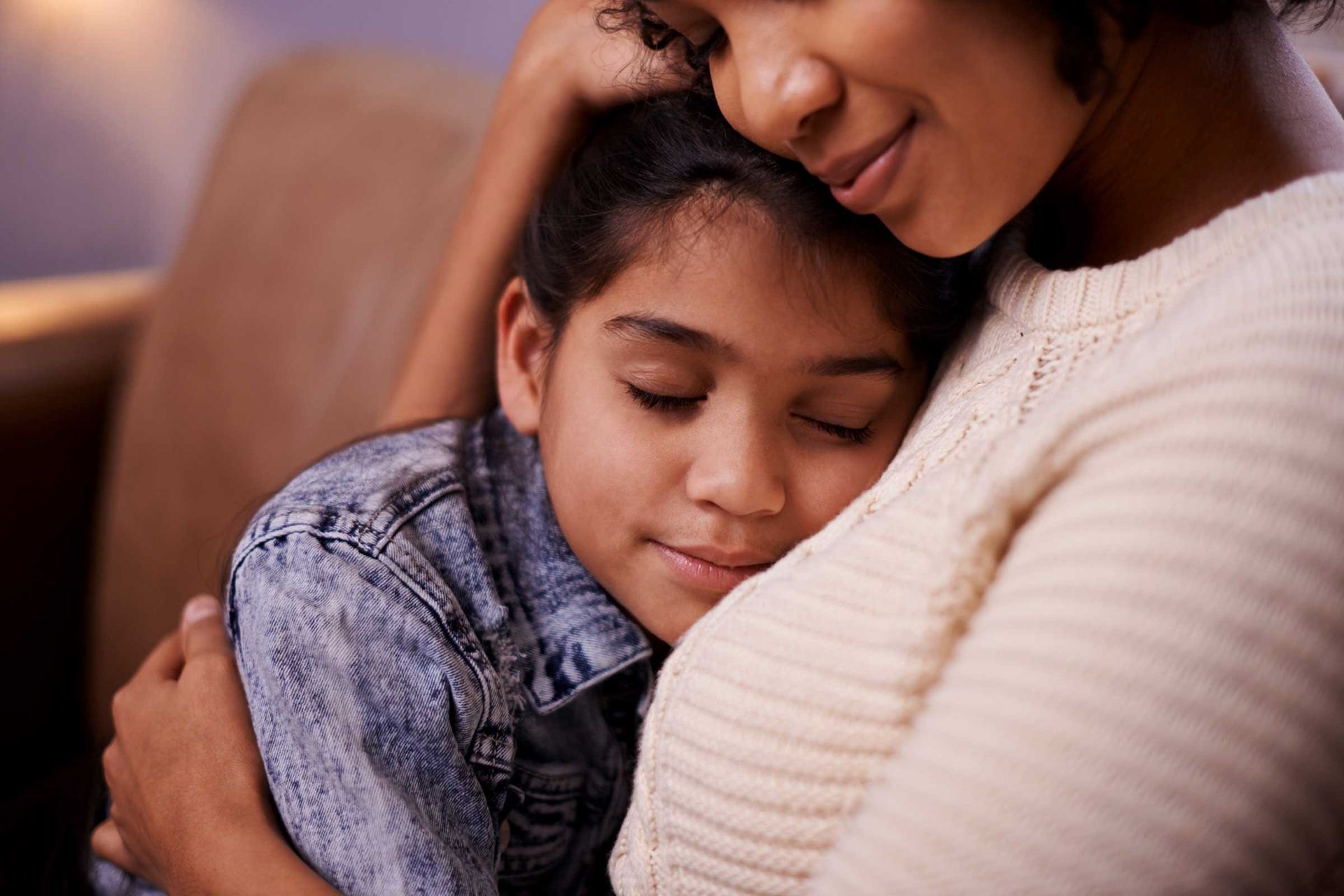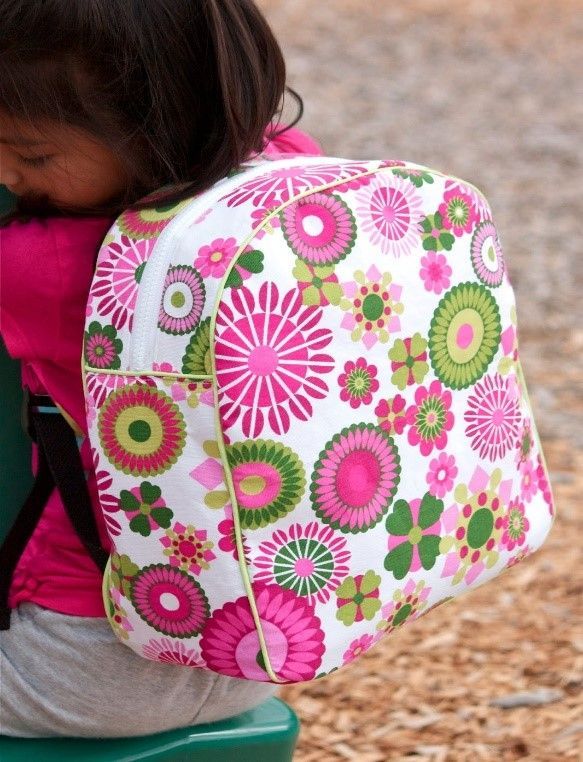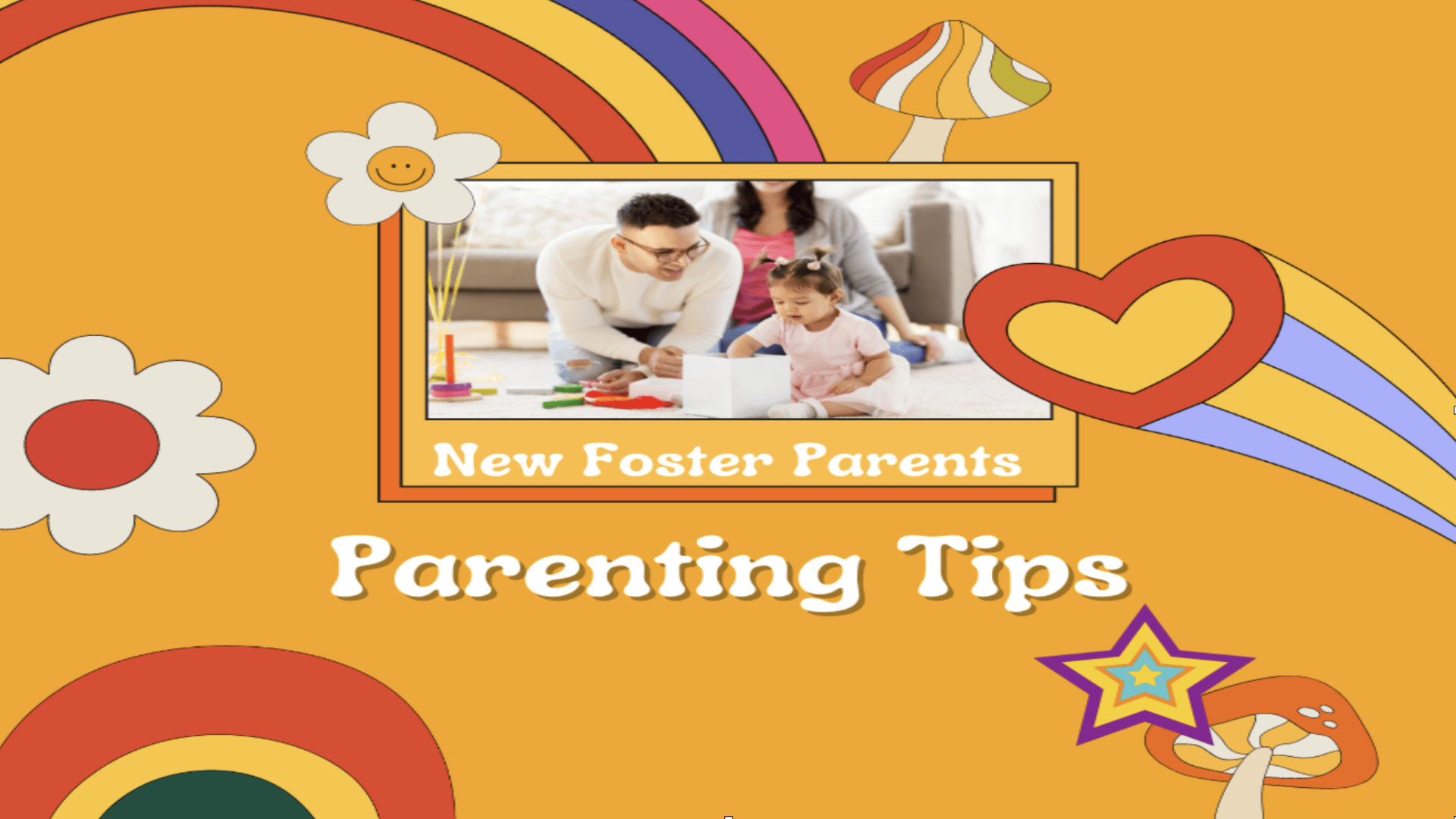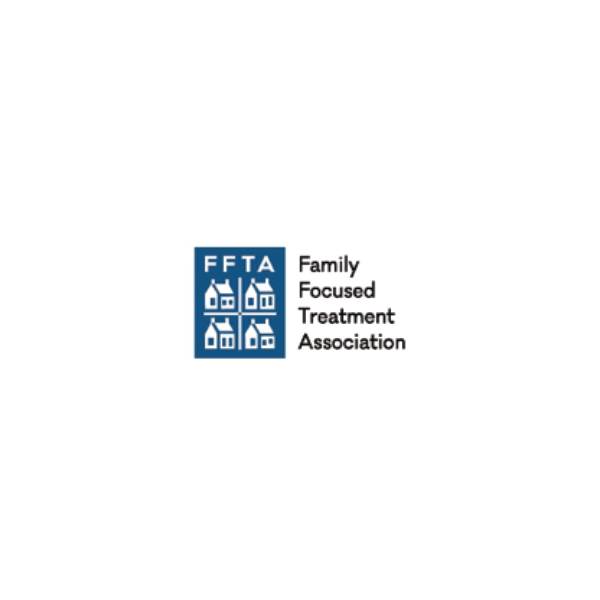Is Being A Foster Parent A Good Fit For Me?

If you have considered becoming a foster parent, then you have probably asked yourself if it is a good fit for you. Is it something you can do, maybe questioning if you have the time and ability to provide what these children need. This article we will cover some of those questions and hopefully provide you with ideas of how to meet any challenges with a solution, so that fostering can be a good fit for you and your family.
Ask Yourself:
1. Do I have a support system? Many of us are familiar with the old proverb, “It takes a village to raise a child”. The other part of that proverb, is my favorite part because of how it relates to foster care and the child in it. “A child who is not embraced by the village will burn it down to feel its warmth”. Children who slip through the cracks of the system, will continue to suffer the trauma they have experienced until one day, the fire is set. But a child embraced by a village will prosper in its warmth of love and support. What’s your village like? Who’s in your village? Is your village strong and stable? Fostering children who have experienced traumatic events and trauma in itself, are not always easy to parent, to love, or to nurture. But when you feel challenged or defeated, who in your village can step in and take over? Who can continue the love and support towards this child, while you regain your strength? Building a support system of family, friends, neighbors, co-workers, co-parents, co-foster parents, and professionals, can give you the support you may need at times to help these children heal and grow and have the opportunity to just be children. Other avenues of supports are support groups, blogs, podcasts, articles, and trainings. Identifying and building your village is a great start to your fostering journey.
2. Am I prepared for the changes to my lifestyle and dynamics of my family? Becoming a foster parent means you are opening up not only your hearts but also your home. You will have a new child or children on any random day and that means you now have more people to wake up, more mouths to feed, more places to go, and more bedtime kisses to give! When a child(ren) are first placed into your home, the first 30 days can feel a little topsy turvy with all the adjusting and running around to medical appointments and visitations, and shopping, and meeting with the school and the social worker, and whew, I’m tired just writing this! Sounds overwhelming? It can be. But I guarantee you, it is short lived. Children need time to adjust, like adults, to new spaces, new timeframes, new people. Sometimes that adjustment is a little harder for some and so it takes a little longer. But once those initial medical and dental appointments are completed and that therapy session is scheduled, and those visitations are taking place, you might miss the hustle and bustle, because it will slow down and you will forget what it felt like before you had them in your home. This is where your village comes in…ask for help with transporting, childcare, meal prepping or cooking, cleaning, bedtime stories, wherever you feel YOU may need a little support. And think about all of the connections you are creating for those children. Allowing them to witness, that the world is not the dark place they think it may be, that people really do care.
3. Do I have the ability to not ‘personalize’ everything the child might say or do? Children in foster care have often been neglected and physically, sexually, or emotionally abused. They have been exposed, involved, and/or have experienced traumatic situations that can leave them feeling confused, angry, frustrated, scared, sad, and resentful and because they have not been taught or encouraged to expressed their emotions in a healthy manner, they often manifest and are expressed through negative behaviors, comments, and actions, towards their foster parents or foster family. These expressions are often demonstrated by defiance, hateful or hurtful words, tantrums, withdrawing or being silent, and a lack of appreciation. As a foster parent who has taken this child in and has made many efforts to help them feel welcomed and a part of the family, it is easy to ‘personalize’ these behaviors as a personal attack. But having the ability to recognize what is triggering these behaviors and remaining supportive to the child during this very difficult moment of negative expression, will build a trusting relationship. The child will recognize that even when they are struggling and being hurtful, you stuck with them, you supported them, you didn’t leave them to be alone in their trauma. It may take multiple times of this occurring, but eventually, they will see the village and will recognize that they are a part of it.
4. Am I a team player? Becoming a foster parent, means that you are joining a team of professionals who are advocates for these children. These teams can include Social Workers, Support Specialists, Therapists, and/or Court Advocates. Can you work in a partnership with a team of professionals to help the child either get back home or to another permanent placement, such as adoption? Being a team player means advocating for your child(ren) and yourself and your family. It means having good communication skills and a commitment to follow the plan set forth by the social workers and the courts. This team is also your support team. They will be there to ensure you are receiving the help and support you need to be able to provide the necessary care this child requires and that you are meeting their needs, while still maintaining your own self-care.
5. Is my family on board? Fostering children is a group effort, so that means everyone in your family has to be on board. Your spouse/significant other and children, because the reality is that a little less time will be spent on them or with them as you navigate a growing family. Are your children willing to share their bedroom, toys, space, and you? Have a conversation with your family as to what fostering may look like and write down any questions or concerns they may have. If you are unable to answer those questions or concerns, save them for the agency representative or social worker to answer.
6. Can I say goodbye? Last but not least, the comment I hear all of the time as a worker, “I’m not sure I can let them go after having them in my care”. Warranted. However, fostering isn’t always permanency. The goal of fostering is to provide temporary care to a child, while their parents work on healing and fixing themselves and their situation, so that they can provide permanency to their child. You most often will become attached and letting go can be quite challenging emotionally and the sadness may weigh heavy on your family. If it’s a difficult parting, then that means there was an attachment, and as difficult as it can be, attachment is good for foster children. It means that you have provided them not only the opportunity but the ability to develop an attachment, and a healthy one, which will speak volumes in their life to come. That alone can be the contributing factor to a healthy and happy life. And goodbye doesn’t always have to be forever, building healthy relationships can also be with the biological parents, which means that you will have the opportunity to remain in that child’s life and continue as a mentor to them and their parents. Remember, mentors become friends, and friends become family.
Finally, can you give a child not only what they need but maybe what they have never had? Will you go to their back to school night or open house? Will you carve pumpkins with them? Decorate a Christmas tree? Take them to church for the first time? Chaperone a field trip? Take them to ice cream, just because? Teach them about their culture? Bake them cookies? These are things you may already be doing for your own children or family members, so it shouldn’t be hard to add a few more little ones in the mix.
Fostering, no one ever said it will be easy, but it will definitely be worth it.




















